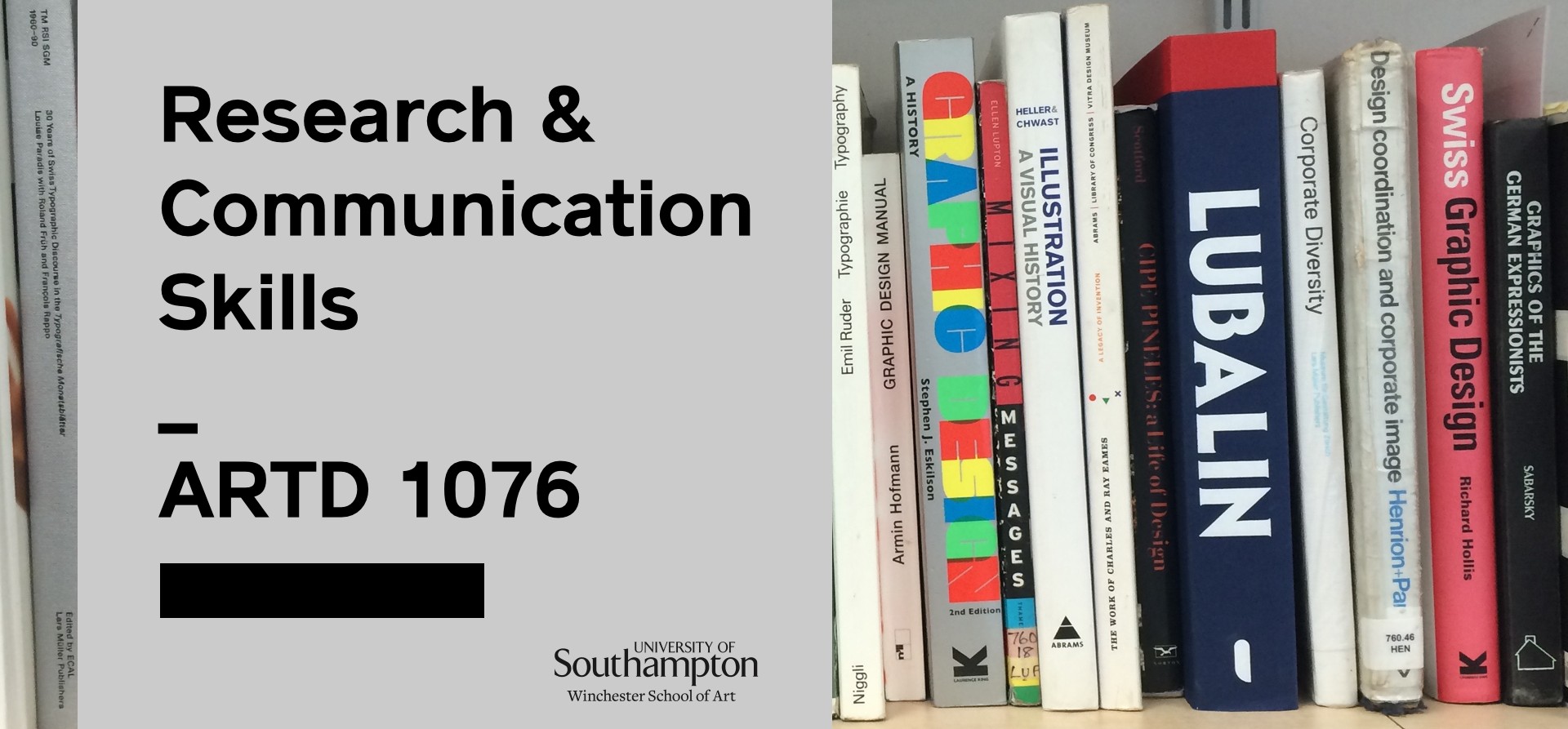Copyright is one of these things that in concept should be quite easy to enforce, in reality however this is often not the case. In a world where everything is copyrighted it is often difficult to be original or create something that is truly original. We all become inspired by other’s work and that is never a bad thing the issue arises when we begin copying other’s work and claiming it is ours. This is why copyright laws where brought into place.
The Positives and Negatives of Copyright
|
Positive |
Negative |
|
Automatic Copyright Protection: As a creator anything you create is automatically copyrighted. This is why it’s good practise to document and evidence your process. |
Ambiguity: The Copyright laws at the moment can be vague and ambiguous allowing for some wiggle room on the definitions and terms. What defines fair use can often change. Cases such as “Ice Ice Baby” vs “Under Pressure” (Rolling Stone. 2017) constantly probe the definition of this term and bring it to the public eye. |
|
Protects the Creator: Copyright is good because it protects works and makes sure the creator benefits from the use of their works. It protects their ownership of the item. |
Limiting: Because everything is copyrighted it is becoming increasingly difficult to use others works in your own. This is often prevalent in the music industry when a similar beat or jingle is used. |
|
Control: Copyright allows the original owner to have control over their work. If they object to the use of their work for any reason they have the right to stop their work being used. This is good because it means for things like music and Art the creator has a say in where and how these pieces are displayed. |
Accidental Infringement: It sometimes occurs that an artist or musician will create a piece that accidently infringes copyright of someone else’s work. Now that copyright is an automatic thing it means that it is quite difficult to produce original work. It is why research is extremely important. Blurred lines is an exceptional example of this in action. (The Guardian, 2017) |
So as we can see there are clear advantages and benefits from copyright law. There are, however, some very big problems with copyright. The major one being originality and ownership issues. Copyright stops people combining pre-generated artefacts to create something new. Everything now is automatically copyrighted, whether or not it has been shown or displayed. This is an issue as it means that being original is extremely difficult and even if you’re sure you made something original it could steal be infringing copyright laws accidently.
I think that in an age of immediate information and social media it is unlikely that anything is original anymore. We learn by copying and watching others, so by that logic everything we create is going to be heavily inspired by something else that we have seen or heard. I think the knack to making something seem original is do your research and try to abstract from the original source of information as much as possible.
C.S. Lewis writes, “Even in literature and art, no man who bothers about originality will ever be original: whereas if you simply try to tell the truth (without caring two-pence how often it has been told before) you will, nine times out of ten, become original without ever having noticed it.”(Lewis, C.S. 1973)
Sources
Pros & Cons of Copyright Laws | Your Business. 2017. Pros & Cons of Copyright Laws | Your Business. [ONLINE] Available at: https://yourbusiness.azcentral.com/pros-cons-copyright-laws-5170.html. [Accessed 06 December 2017].
Pros & Cons of Copyright Laws | Your Business. 2017. Pros & Cons of Copyright Laws | Your Business. [ONLINE] Available at: https://yourbusiness.azcentral.com/pros-cons-copyright-laws-5170.html. [Accessed 06 December 2017].
Business Insider. 2017. Nothing We Do Is Original Anymore, So Find Things Worth Imitating – Business Insider. [ONLINE] Available at: http://www.businessinsider.com/nothing-we-do-is-original-anymore-so-find-things-worth-imitating-2012-8?IR=T. [Accessed 06 December 2017].
Rolling Stone. 2017. Vanilla Ice vs. Queen and David Bowie (1990) | Songs on Trial: 10 Landmark Music Copyright Cases | Rolling Stone. [ONLINE] Available at: http://www.rollingstone.com/music/lists/songs-on-trial-10-landmark-music-copyright-cases-20160608/vanilla-ice-vs-queen-and-david-bowie-1990-20160608. [Accessed 06 December 2017].
Copyright, Designs and Patents Act 1988. 2017. Copyright, Designs and Patents Act 1988. [ONLINE] Available at: http://www.legislation.gov.uk/ukpga/1988/48/contents. [Accessed 06 December 2017].
The Guardian. 2017. Pharrell Williams and Robin Thicke to pay $7.4m to Marvin Gaye’s family over Blurred Lines | Music | The Guardian. [ONLINE] Available at: https://www.theguardian.com/music/2015/mar/10/blurred-lines-pharrell-robin-thicke-copied-marvin-gaye. [Accessed 06 December 2017].
Mere Christianity:
Ann, K., 1973. C. S. Lewis. Regal Books.
